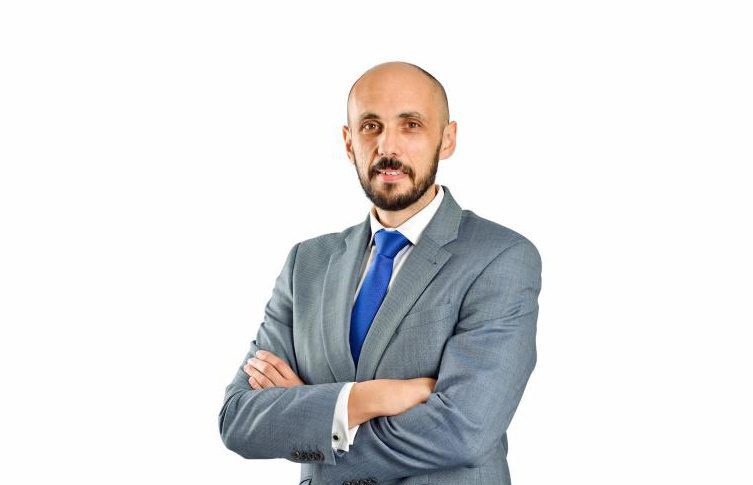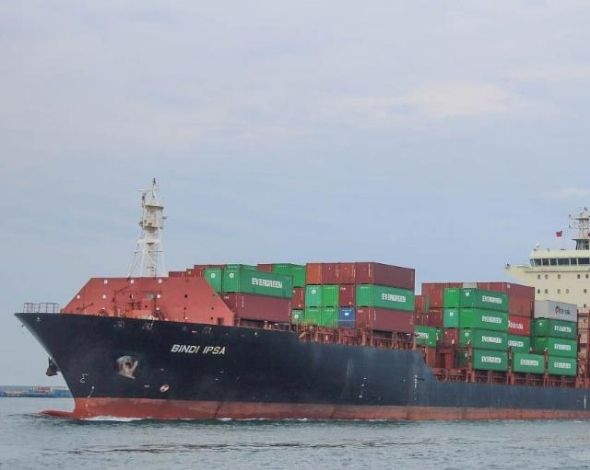Rather than pursuing further legislating and seeking tax rate harmonisation, Malta should look at whether we it is effectively implementing the rules and regulations that we have agreed upon, Wayne Pisani tells BusinessNow.mt.
Discussing proposals for EU-wide tax harmonisation, Mr Pisani, who heads both the regulatory and compliance operations and the financial service tax and regulatory team at Grant Thornton told BusinessNow.mt that tax enforcement regulation needs to be prioritised over the establishment of minimum tax rates on an EU level.
He believes that the key shortcoming to be addressed in the current system in Malta and the EU is its enforcement and implementation, which makes it difficult to ensure that the necessary tax collection is actually happening, thus hindering the battle against “tax dodgers”.
Tax harmonisation proposals have come to the forefront of discussion in recent weeks, with Finance Minister Clyde Caruana speculating that Malta is joined by only three EU member states in opposition to the establishment of EU-wide minimum taxation levels.
While observers have expressed concern that the infringing of Malta’s autonomy to set tax rates might see the country struggle to attract new companies to the island, Mr Pisani downplays the impact of this.
He believes that whilst Malta’s competitive tax environment is certainly a factor in the country’s attractiveness, it is the “cherry on top” of an otherwise strong jurisdiction.
As things stand, the tax rate on corporate income in Malta is 35 per cent on chargeable income. However, certain types of companies benefit from reduced tax rates of as low as 5 per cent and, among these, there are international trading companies and international holding companies.
“I’d say that the key elements when looking at the setting up of an entity in a foreign country is the commercial viability”, Mr Pisani comments, “one would look at the lack of bureaucracy, efficiency, political stability and human capital” when evaluating the strength of a country.
The language aspect is very important in Mr Pisani’s view. The fact that legislative information in Malta is available in both Maltese and English, for example, helps companies achieve clarity on its regulatory environment.
However, Mr Pisani does have some reservations regarding the establishment of tax rate harmonisation. He points out that as a member of the eurozone, in the event of internal economic instability, Malta would be unable to deploy currency devaluation as a countermeasure, and that altering tax rates would instead be how the country can tackle inflation.
Simply put, EU-level tax rate harmonisation is flawed as it would fail to take into account the peculiarities of individual EU countries and any economic situations they might face.
Mr Pisani believes that Malta’s commercial appeal and capacity to appeal in the future is different from other areas of the EU, in part because of its size and lack of space.
Another particularity of the country is that Malta has been able to adopt a philosophy of quality over quantity when it comes to attracting businesses to its shores. Because the country is unable to host large operations that demand enormous workforces, and as such has aimed at extremely high-quality companies with large gross value-added levels.
The Remarkable Collective welcomes Joseph Bonanno
Strengthening strategy and compliance with seasoned leadership
Malta-flagged ship hit by missile in Strait of Hormuz en route to Saudi Arabia
The Safeen Prestige was hit by a missile off the coast of Oman
Dubai airport’s 48-hour shutdown could have cost up to $1 million per minute
The airport is one of the world’s busiest aviation hubs






